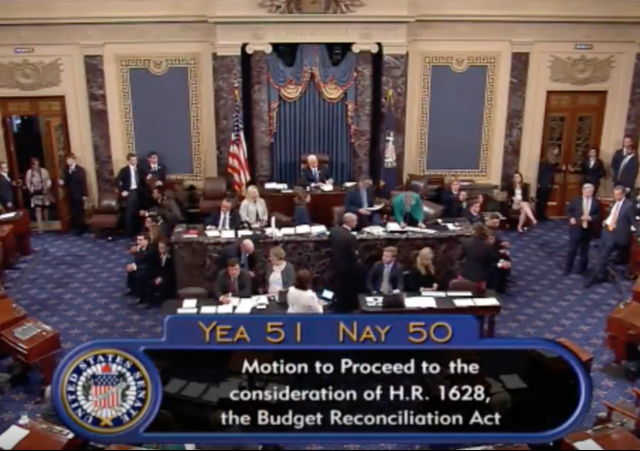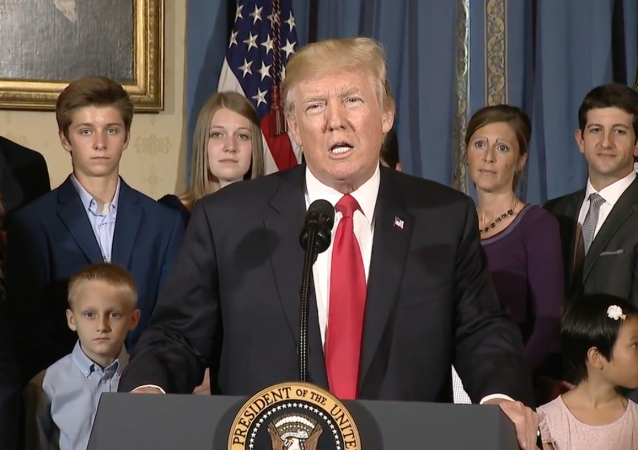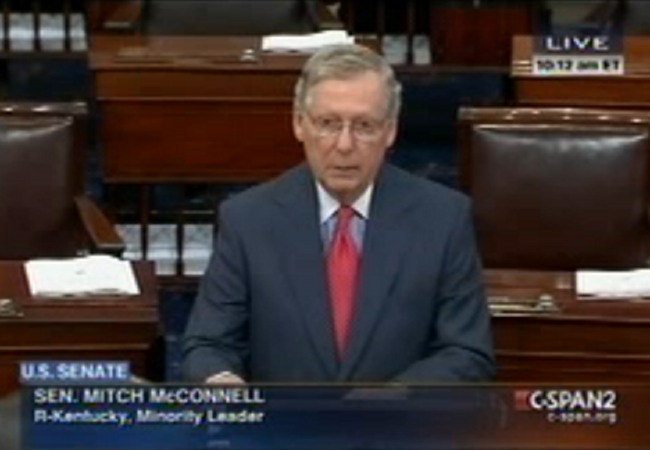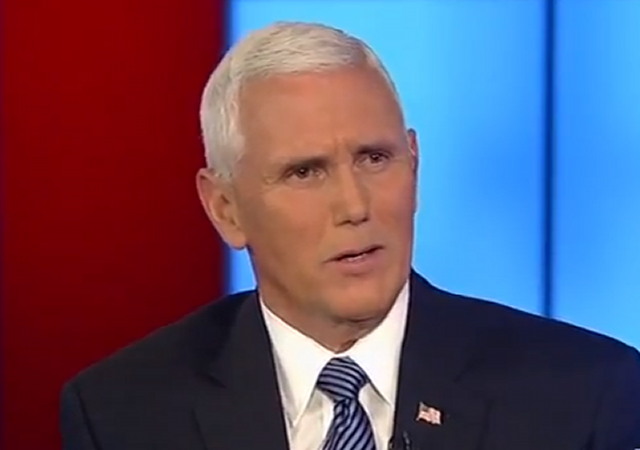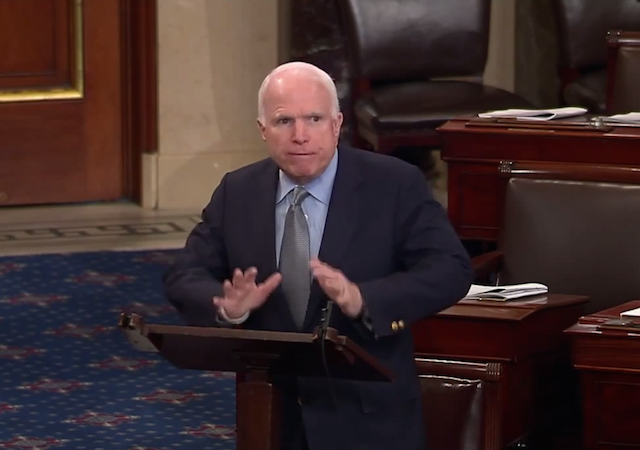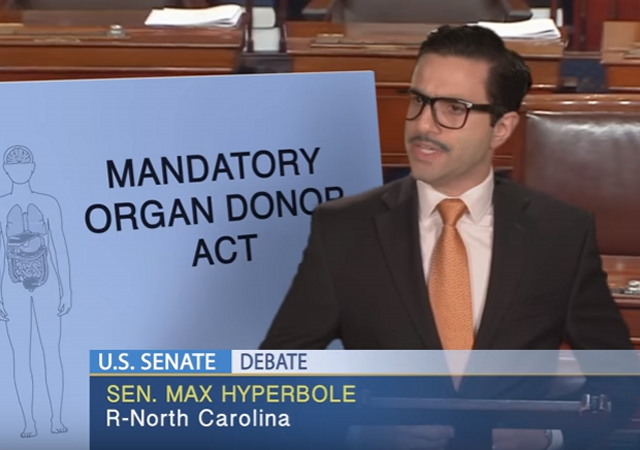Mika: Too Late to Repeal Obamacare, “Whether You Were for it or Not”
on July 26, 2017
23 Comments
Knowingly or not, Mika Brzezinski has exposed the progressive strategy for ever-increasing government control of our lives. On today's Morning Joe, Joe Scarborough actually made a principled conservative case against Obamacare, saying that many conservatives "do not believe that the federal government should compel people to buy insurance. Should not compel young people to buy health insurance if they do not want to buy health insurance."
Mika responded saying that she understood Joe's point about "sticking to conservative principles," acknowledging that "many Republicans were deeply offended by the concept of Obamacare." But Brzezinski then proceeded to give away the liberal game:
"People have it [Obamacare.] . . . Isn't it politically past due to take away health care? Whether you were for it or not?"


